Will AI Replace Marketing Jobs? Secrets You Should Know

Artificial intelligence (AI) is evolving rapidly, bringing new capabilities and raising questions about its impact on marketing. Although AI is revolutionizing the marketing landscape, what most of us wonder is whether AI can replace human marketers. Let us explore how AI benefits digital marketers while acknowledging its limitations in certain areas.
The Age of AI Has Got Started!
The AI revolution has already made its mark in the marketing world, reshaping how professionals approach their daily tasks. But don’t worry, this isn’t a scenario where human marketers become obsolete like in “I, Robot.” AI has become a valuable ally for marketers, with 50% already incorporating it into their strategies and another 29% planning to do so in the future.
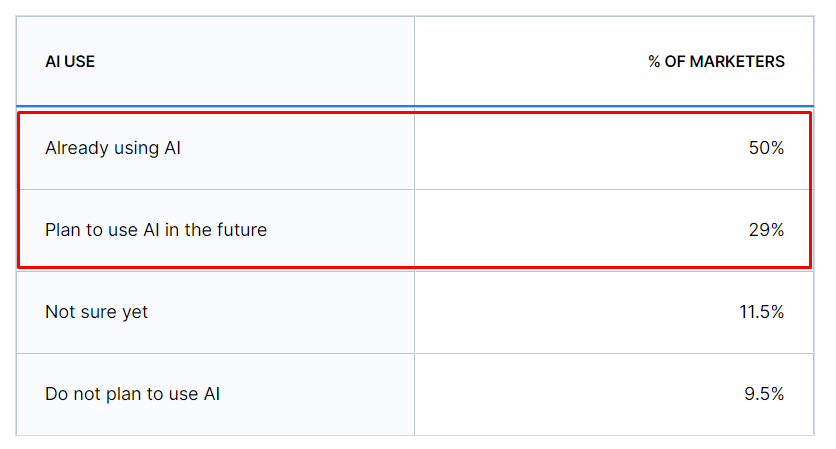
AI comes with its own set of terms, such as Artificial Intelligence (AI),Machine Learning, Natural Language Processing (NLP), and Large Language Models (LLMs). Each plays a unique role in enhancing marketing efforts, from analyzing data to generating personalized campaigns.
Here are some ways AI is revolutionizing marketing:
-
Data Collection: Gathering valuable insights to inform decision-making.
-
Chatbots: Providing instant customer service and support.
-
Automation: Streamlining repetitive tasks for efficiency.
-
Campaign Personalization: Tailoring marketing messages to individual preferences.
-
Translation: Breaking down language barriers to reach global audiences.
-
Social Listening: Monitoring and analyzing social media conversations to understand audience sentiment.
These examples only scratch the surface of AI’s potential in marketing. To delve deeper into how AI is transforming the industry, let’s hear from real marketing leaders who are harnessing its power firsthand.
Will AI Replace Marketing Jobs?

The question of whether AI will replace marketing jobs is a complex one with valid arguments on both sides.
On one hand, it’s undeniable that AI is already transforming various aspects of marketing, leading to the displacement of certain roles. Manymarketers are embracing AI tools for tasks like analytics and customer service, which were traditionally time-consuming or less prioritized.
This TED’s video with more than 250,000 views below will help you better understand What Will Happen to Market in the Age of AI:
However, it’s crucial to recognize that AI is unlikely to replace marketers themselves. Marketing is inherently a human-centric field, relying on creativity, empathy, and a deep understanding of human behavior. These are qualities that AI struggles to replicate. To get into this topic more deeply, let’s look at four marketing jobs that AI can do and four that it can’t:
Marketing Jobs AI Can Replace
-
Analytics: AI excels at processing and analyzing large volumes of data, making it well-suited for tasks like market research and data interpretation.
-
Customer Service: AI-powered chatbots can efficiently handle routine customer inquiries and provide personalized responses, freeing up human resources.
-
Content Creation: While AI-generated content may lack human nuance, it can still be effective for tasks like writing product descriptions or generating social media posts.
-
Email Marketing Automation: AI algorithms can analyze customer behavior to personalize email content and optimize send times for maximum engagement.
Marketing Jobs AI Can’t Replace
-
Creative Strategy: Crafting compelling marketing campaigns requires human creativity and intuition, areas where AI falls short.
-
Brand Storytelling: AI struggles to capture the emotional resonance and authenticity needed to tell a brand’s story effectively.
-
Relationship Building: Building genuine connections with customers relies on human empathy and understanding, qualities that AI lacks.
-
Strategic Planning: Developing long-term marketing strategies requires human insight and adaptability to navigate complex market dynamics.
AI is going to change some parts of marketing, but it probably won’t replace salespeople. Though the world of marketing is always changing, people’s cleverness, imagination, and emotional intelligence are still very valuable.
Does Our Data Show Marketers Fear AI Replacing Them?
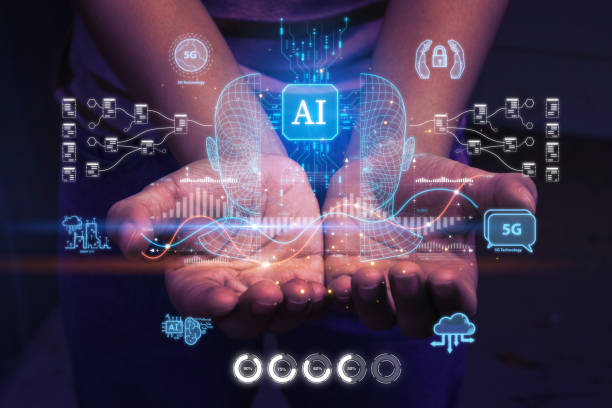
A lot of people are talking about how quickly AI technology is changing many fields, including marketing. As AI’s skills grow at an exponential rate, there has been talk that it might one day replace all human marketing. But does our data show that marketers are afraid that AI will take over their jobs?
Let’s examine thesurvey conducted by the Authority Hacker to see what marketing executives are thinking about AI.
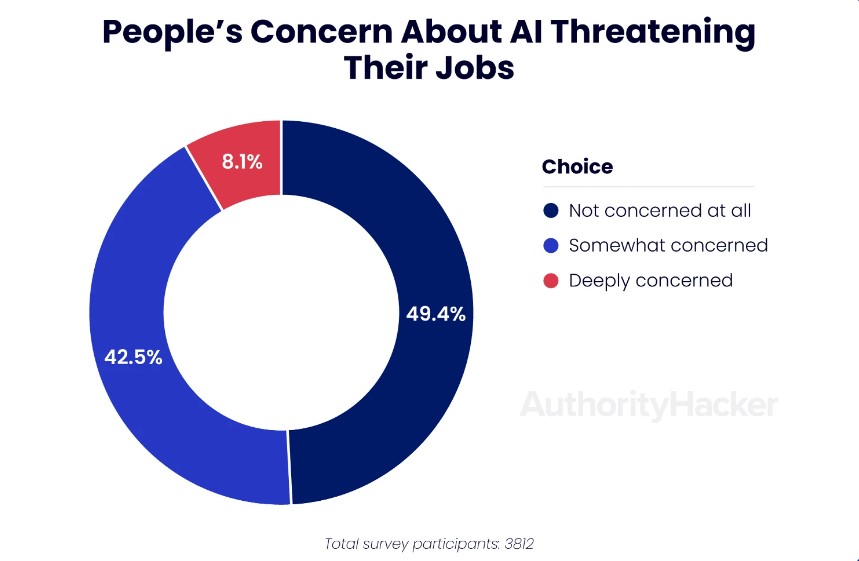
This information shows that people in digital marketing have a range of feelings about AI technology. About 49,1% of marketers are not concerned about AI’s ability to replace their jobs, but many are still worried that it could replace human marketers with 49,2%.
In terms of leaders, there are already 32.9% of businesses have switched out some human work with AI projects.
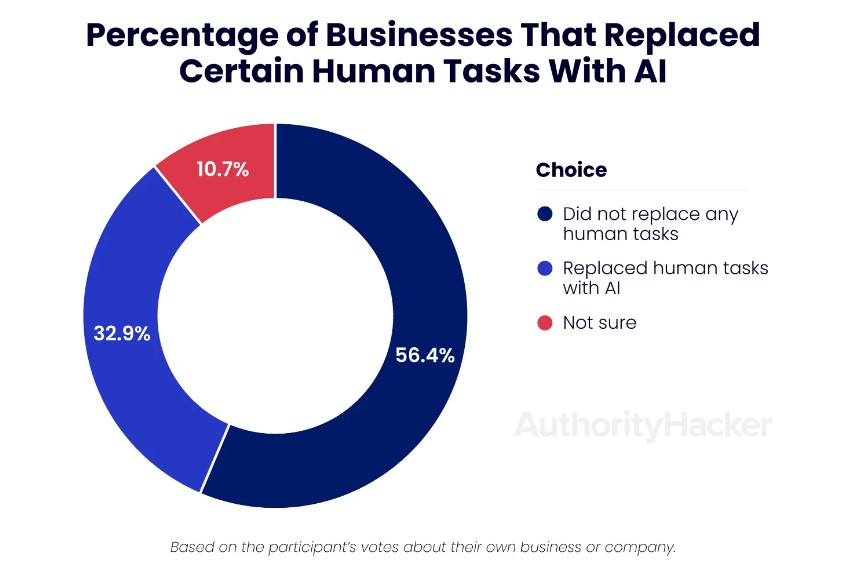
60% of marketers are optimistic about the business’s future. 32.2% aren’t sure how they feel about it, and only 7.7% think it’s negative.
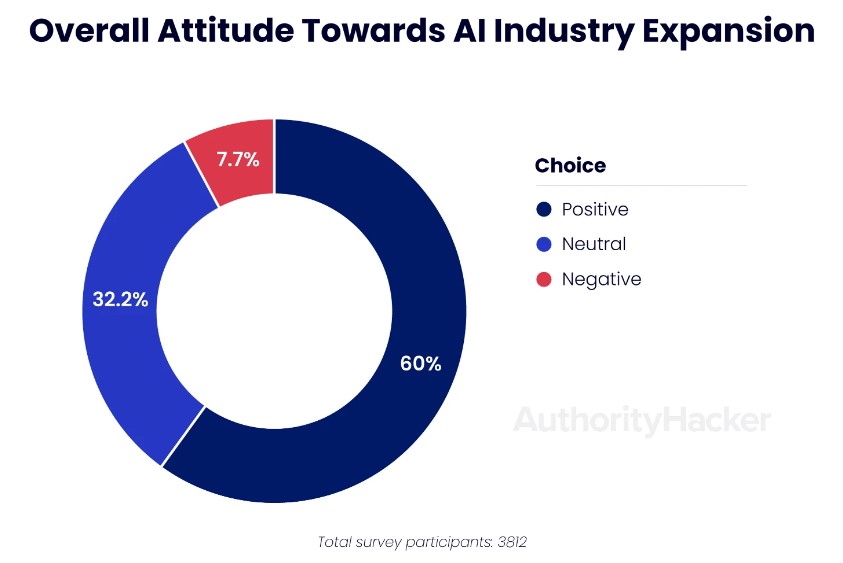
Additionally, according toForrester forecasts, there will be 16% fewer jobs in the US in less than five years by AI and ML.
What Data Taught Us?
 There is a wide range of feelings that digital marketers have to deal with, from fear to hope. Recently collected data from MarketingHire surprises us by showing that 68% of marketers are using AI in their daily work and tasks right now. That means that instead of fearing that AI will replace them, marketers are still using it to optimize work efficiency and bring the best results.
The key is to use AI as a strategic tool instead of something that causes problems. It is very important to know how to use AI tools well and make them work well with other tools. Marketers can stay in charge and take advantage of AI’s changing potential by understanding its subtleties and using its tools wisely.
There is a wide range of feelings that digital marketers have to deal with, from fear to hope. Recently collected data from MarketingHire surprises us by showing that 68% of marketers are using AI in their daily work and tasks right now. That means that instead of fearing that AI will replace them, marketers are still using it to optimize work efficiency and bring the best results.
The key is to use AI as a strategic tool instead of something that causes problems. It is very important to know how to use AI tools well and make them work well with other tools. Marketers can stay in charge and take advantage of AI’s changing potential by understanding its subtleties and using its tools wisely.
Using AI to Boost Your Marketing Skills!

To improve your business, using AI is a smart move in today’s digital world. AI is very important for marketers because it helps them quickly and correctly look at huge amounts of data. This means you can learn useful things about how people act and what trends are affecting the market. Using this information, you can make sure that your marketing reaches the right people with the right message.
The power of AI to make content production easier is another benefit. AI can assist you in selecting the best language and tone for your content by using complex algorithms and language processing. This makes sure that what you share really appeals to your audience, which increases connection and sales.
AI also comes in handy for streamlining tasks. You can takeNotion AI, for example. It can help you whip up blog post outlines and sales emails in no time, saving you precious hours.
By automating certain tasks with AI-powered tools, you can make your marketing efforts more efficient and effective. Whether it’s optimizing email sending times or fine-tuning content to avoid spam filters, AI can give your campaigns that extra edge.
4 reasons AI can’t replace marketers
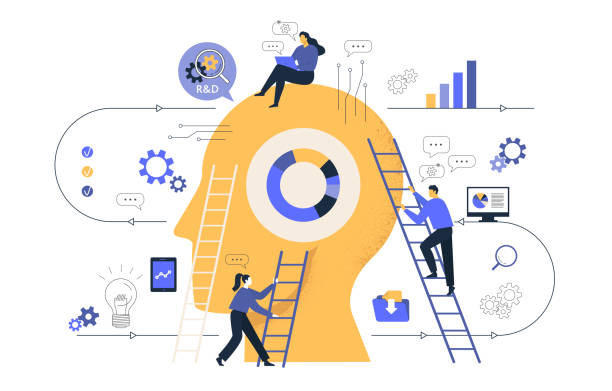
Marketing goes beyond mere sales pitches; it’s about understanding human behavior and emotions. Despite its prowess, AI falls short in several key areas crucial for effective marketing strategies.
1. Deep critical thinking is not something AI can do
Although AI is very good at gathering data and knowledge, it doesn’t have the critical thought skills it needs to make choices. AI can help you plan and come up with new ideas and methods, but it can’t take into account the unique things that might affect your choice.
So, will AI take over marketing jobs that need people who can make decisions? Not anytime soon. For AI to make good decisions for businesses, it would need to learn and internalize critical thinking skills and make good use of outside factors that affect decisions.
2. AI doesn’t write with understanding and feeling like humans do
Despite attempts to mimic human speech, AI fails to convey genuine emotions and empathy in writing. Genuine human connection in marketing content relies on relatable emotions, something AI cannot authentically replicate. Great writing resonates with people through human emotions, a feat beyond AI’s capabilities.
3. AI can not create relationships that last on its own
AI also can’t connect with clients and leads in a useful way like people can because it doesn’t have real feelings.
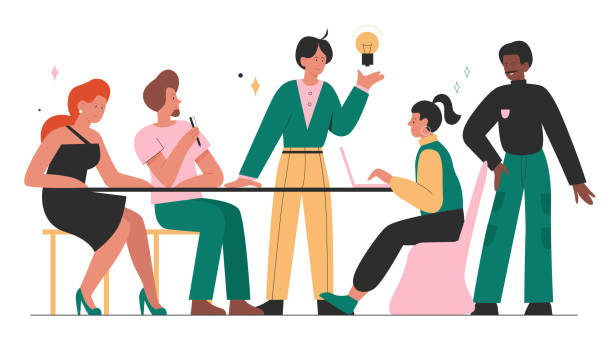
An AI program can only do a certain amount, and in a world where talking to customers is key to marketing success, tellingChatGPT to do something won’t be enough to get a prospect to buy from you. Rest assured that AI can’t take over marketing jobs like sales, outreach, and writing copy.
4. AI doesn’t come up with new ideas
AI tools like ChatGPT andGemini rely on existing information to generate responses, hindering their ability to produce truly original ideas. While they can assist content creators, AI falls short in generating wholly unique concepts. Content creation, therefore, remains a domain where human creativity and insight reign supreme.
While AI has its strengths, it cannot fully replicate the skills and abilities of human marketers. From critical thinking to emotional connection and original idea generation, marketers bring a unique blend of creativity and empathy that AI simply cannot match.
Frequently Asked Questions
Is Learning AI Tools the Key to Survival?
Yes! Understanding AI is an advantage in the evolving marketing landscape. Marketers who can leverage AI’s capabilities for efficiency and extract valuable insights from data will be highly sought-after. Learning how to utilize AI tools effectively can help you automate mundane tasks, freeing you up to focus on the creative and strategic aspects of marketing that AI simply can’t replicate.
What Skills Will Be Most Important in the Future?
Creative thinking, smart thinking, good communication, and the ability to build and keep strong relationships with clients are some of the most important skills that have always been needed for marketing to work. One more thing that will become useful is the skill of working well with AI tools and turning data insights into usable marketing strategies.
How Can I Prepare for the Future of Marketing with AI?
Live a life full of learning! You should know about the newest tools and trends in digital marketing. Improve your creative story-telling skills to get people to feel what you’re saying. Put your attention on building strong relationships with clients based on trust and custom solutions. If you focus on these key areas, you can make sure that you will always be valuable in the world of digital marketing, even when AI takes over.
Final Thought
Let’s face it, the rise of AI can be unsettling. But here’s the good news: AI is a potential career booster, not a job destroyer.
So, instead of fearing replacement, let’s accept AI as a powerful partner. It’s like having a super-assistant who does the boring tasks for you, so you can focus on the important things, like coming up with new ideas, fixing problems creatively, and building strong relationships with clients. AI can’t copy the human touch that builds real relationships, closes deals, and gets things done.
Remember, AI is a tool we created, not a competitor. AI can be turned from a danger into an effective advantage if you know how to use it well and stay ahead of the game. You are, after all, the machine’s brain, the human intelligence that helps AI do what it does. This is the key that will let you reach your full business potential in the exciting future.





